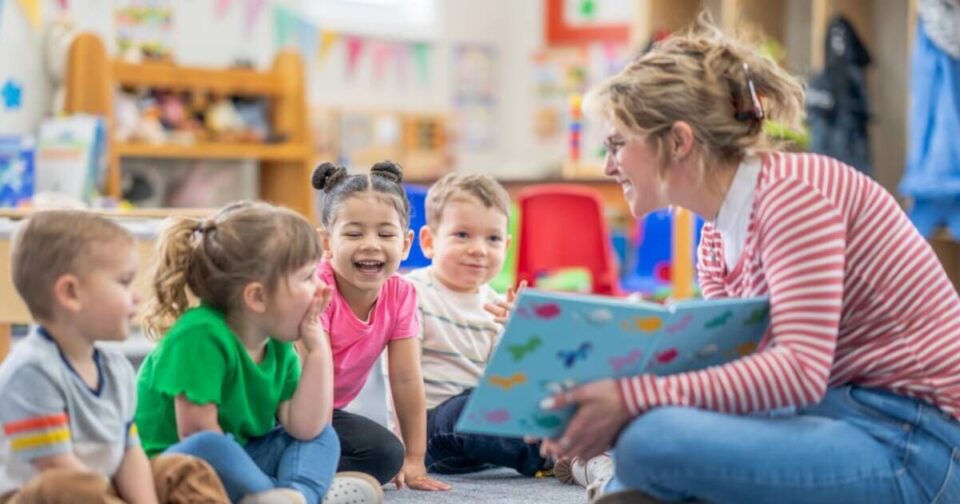A recent survey has revealed that the majority of children prefer to read adventure books over other genres. Adventure stories are the favourite for 52% of children, followed by fantasy at 39% and mystery at 38%.
The study also found that children’s favourite settings in books were beaches (40%), islands (37%) and woods (36%).Interestingly, half of the children surveyed have visited locations that inspired their favourite adventures, such as the Forest of Dean from Harry Potter and Ashdown Forest, which inspired Winnie-the-Pooh.
“Books open young minds to new experiences encouraging them to push boundaries” said Michelle Evans, a spokesperson for PGL. She further explained that reading can foster a desire in children to try new things, thereby boosting their confidence and self-assurance.
This view was supported by Helen Dodd, Professor of Child Psychology at Exeter Medical School. “Reading plays a crucial role in fostering curiosity and creativity,” she stated. “Books introduce children to new ideas and concepts, expanding their world beyond what they already know.”
She added: “This not only sparks their imagination, but also encourages them to approach the world with a sense of wonder and exploration.”
Do any of these classic children’s tales ring a bell?
The study also found that over two thirds of children usually read or listen to someone reading to them at bedtime, while 40% enjoy reading at school. More than a third like to read to themselves, compared to 21% who prefer when their parents read aloud to them.
More than half of parents admitted to holding onto cherished books from their own childhood, with the intention of passing them down to their kids. Beloved stories like Winnie-the-Pooh, Treasure Island, and The Jungle Book topped the list of books parents lovingly share with their little ones.
Professor Helen noted: “Providing children with opportunities for adventure where they can step outside of their comfort zones helps them learn to recognise and cope with feelings associated with anxiety, such as the sensation of “butterflies” in the stomach.”
“If children can experiment with different ways of coping with these feelings in a safe, fun environment, they can build resilience over time. It also strengthens relationships when done with others, fostering a sense of connection and shared experience.”
